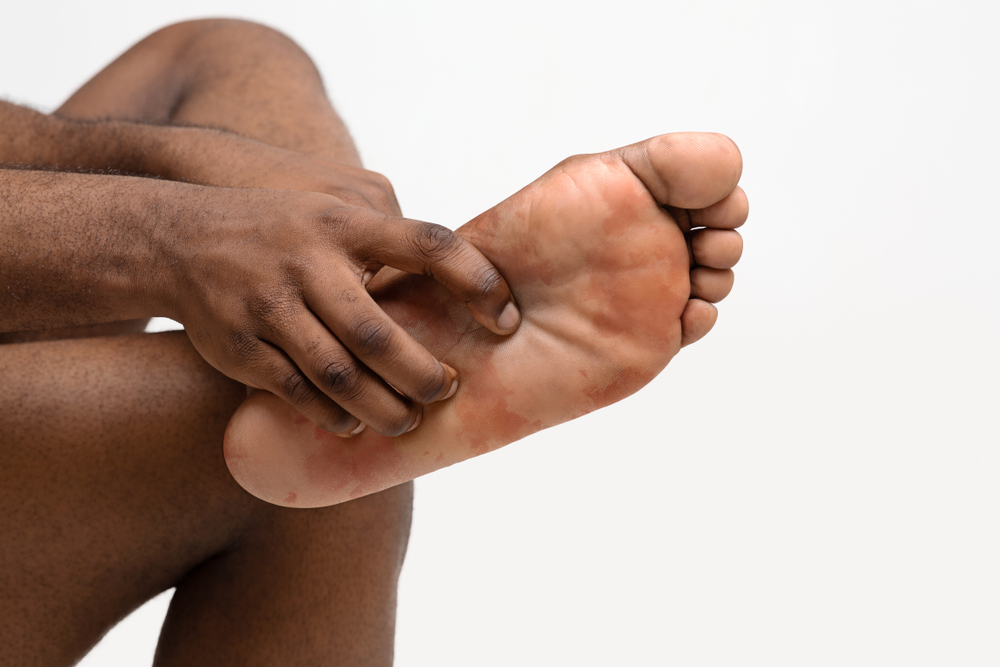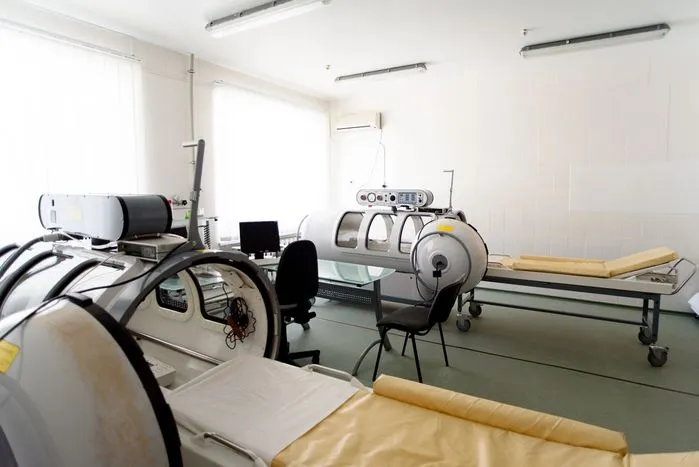One of the most cited complaints by patients with chronic wounds is pain associated with the injury. The intensity of pain typically depends on the severity of the ulcer or the presence of an infection. Regardless of its intensity, proper pain management is essential during every phase of wound healing.
Why Is Pain Management Crucial In Chronic Wounds?
Individuals with chronic wounds often experience significant amounts of pain which complicate the healing process. Appropriate and effective pain management strategies are critical in treating chronic injuries as they help facilitate optimal wound repair.
Effects of Uncontrolled Pain in Individuals with Chronic Wounds
Persons being managed for chronic wounds experience pain with serious implications on the healing progress. Uncontrolled or improperly managed chronic wound pain will impact both the physical and psychosocial aspects of patient recovery and well-being.
Poor Compliance with Treatment Schedules
Many chronic wound types are associated with significant pain which makes compliance with treatment plans difficult. For example, persons with ulcers resulting from a venous disease may decline the use of pressure bandages which can be quite uncomfortable. The frequent removal and replacement of wound dressings is another reason for poor compliance with treatment schedules due to the fear of pain experienced at an earlier time.
Vasoconstriction and Decreased Tissue Perfusion
Persistent pain in chronic wounds is known to trigger the vasoconstriction of blood vessels supplying the affected areas. Vasoconstriction will limit tissue perfusion at affected sites resulting in poor oxygenation, nutrient deficit, and impaired wound healing.
Diminished Quality of Life
Patients living with non-healing wounds often complain of diminished quality of their daily lives. Severe debilitating pain from chronic wounds can prevent them from carrying out various daily activities or social interactions to which they are accustomed.
Mental Health Concerns
The psychological aspect of living with chronic pain is an area that should be prioritized during the management of individuals with chronic wound pain. Many people experience varying degrees of anxiety, depression related to the outcomes of underlying long-standing diseases, and chronic wounds. Anxiety has been shown to worsen the pain response in a patient with chronic ulcers complicating their healing processes.
Pain Assessment and Types of Wound Pain
Depending on the underlying health conditions associated with the chronic wound, the type of pain experienced by patients will vary. For patients with chronic ulcers caused by venous or arterial insufficiency, the pain is typically described as cramping, spasms, or an aching heaviness. Patients with diabetic neuropathies will describe a tingling, stabbing, or shooting pain with variable frequency and intensity. Chronic plaque ulceration from various ulcer aetiologies results in exquisite, debilitating pain.
Evidence-based Pain Management Strategies
While there are multiple strategies to employ in the management of pain associated with chronic wounds, many authorities including the World Health Organization (WHO) advocate a step-wise approach. Treatment strategies include pharmacological, non-pharmacological (psychosocial methods, local wound pain management techniques) with a combination of all two or more methods providing a holistic pain management picture. Due to various risks associated with medication usage, pain intervention for people with chronic wounds should typically start with non-pharmacological treatments. When proven to be insufficient the medications can be commenced.
Pharmacological Pain Therapy
Pain relief in chronic wounds should be guided by the WHO pain relief ladder. This system describes a series of drug interventions progressing from mild to moderate to severe/debilitating pain. At each succeeding step in the ladder, more potent analgesics and pain relief adjuvants are employed by clinicians to control their patient’s symptoms. However, prescribing medications should be based on evidence of their effectiveness weighed against their detrimental side effects. Drugs commonly found in the pain treatment ladder include non-steroidal anti-inflammatory drugs (NSAIDs), opioids, and anticonvulsants.
Psychosocial Pain Therapy
In some cases of chronic wound pain, psychosocial therapy will be the most beneficial treatment strategy to follow. Where drug side effect profile and addiction potential outweighs any potential pain control benefits, some individuals and their caregivers might opt for a non-pharmacological approach. Examples of effective psychosocial pain management methods include:
- Music therapy
- TV and socialization
- Training in coping skills
- Relaxation and distraction therapy
- Biofeedback
- Structured exercising
These activities are all geared towards re-orienting the body’s perception of pain, boosting patient mood, and overall mental health while simultaneously improving pain tolerance to future wound treatments.
Local Wound Pain Relief Strategies
The primary aim of local wound pain relief strategies is to prevent wound site infection which can significantly worsen chronic wound pain. These treatment strategies include regular wound care (cleaning and debridement), and routine wound dressing with appropriate materials. Additional local pain relief techniques include limb positioning, ambulation, and circulation-boosting exercises.
Other Pain Management Modalities
Other pain management strategies that have been used with some success in the treatment of chronic wounds include regional and epidural nerve blocks, transcutaneous electrical nerve stimulation (TENS), pulsed radiofrequency energy treatment, (lumbar sympathectomies).



.webp)

.avif)